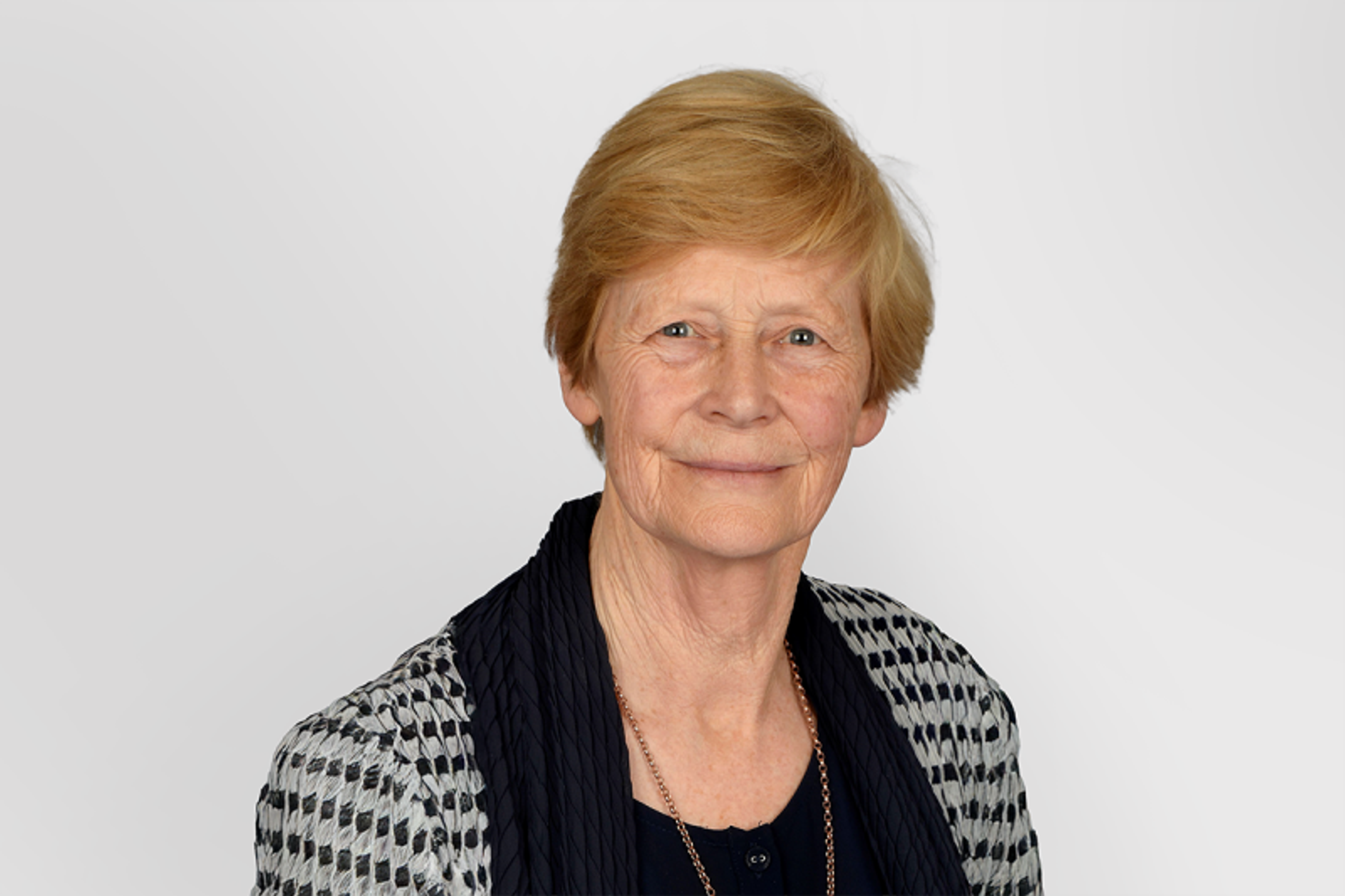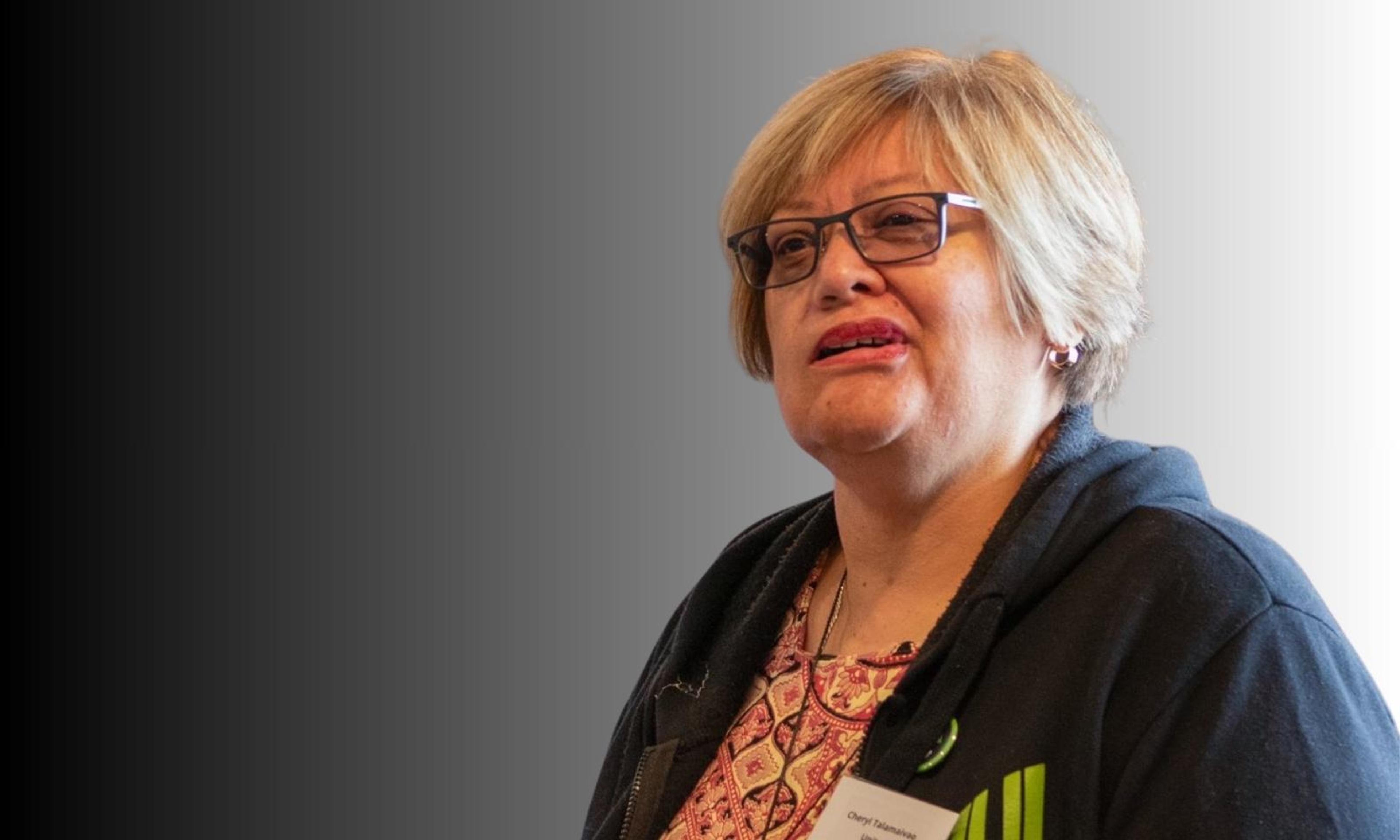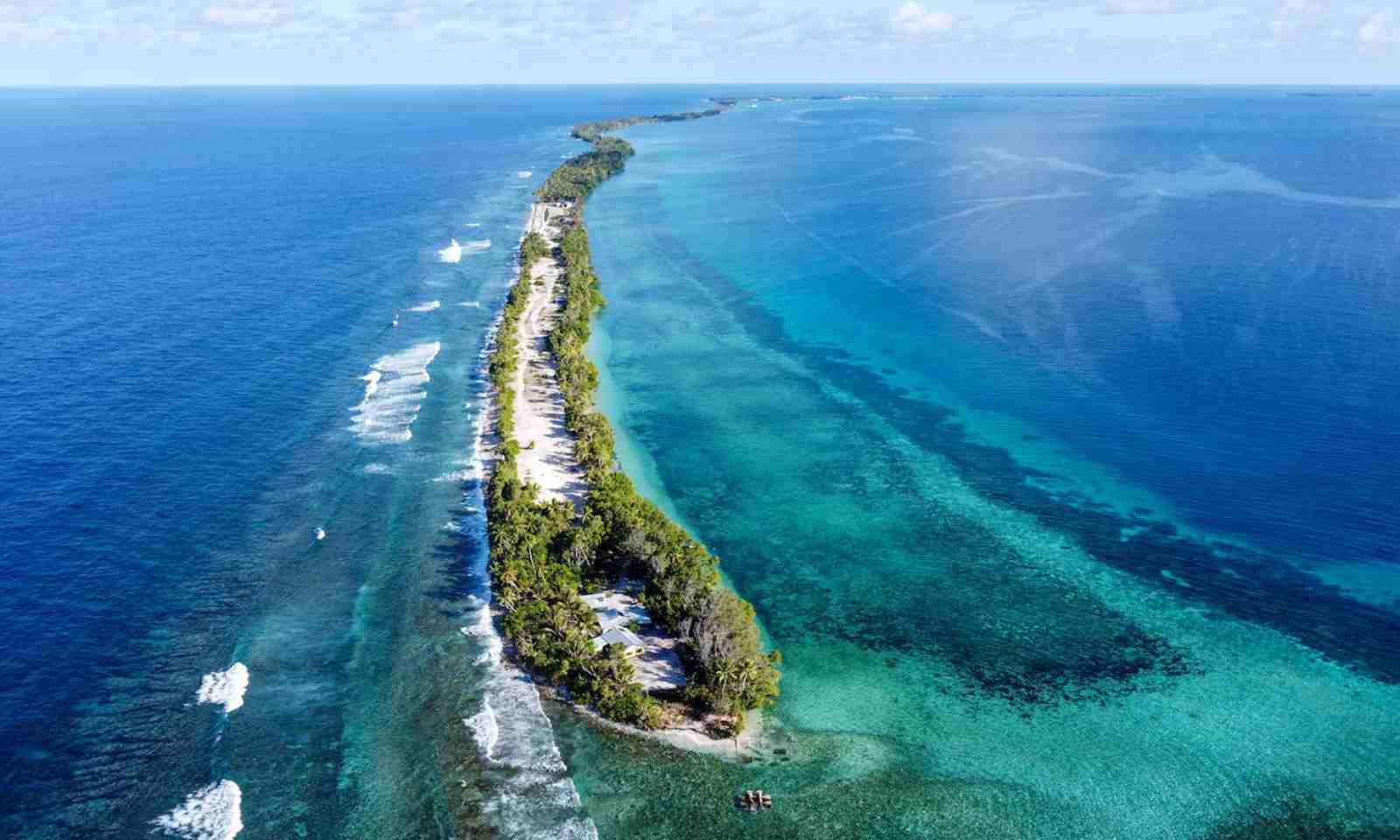

TV journalist Patrick Gower says climate change is here, and it's real.
Photo/supplied
'What happens in Antarctica has effects in the Pacific'
Journalist and presenter Patrick Gower reveals the cold, hard facts about climate change in his new TV adventure.


Pacific eyes on rising US strikes in Venezuela amid deaths at sea


Four decades of Pacific service: Sāmoan senior lecturer recognised in New Year Honours


Pacific eyes on rising US strikes in Venezuela amid deaths at sea


Four decades of Pacific service: Sāmoan senior lecturer recognised in New Year Honours
Climate change is coming and changes from Antarctica are coming to the rest of the world, TV journalist Patrick Gower says.
He warns the Pacific, which has done the least to cause global warming, will be the first to be hit.
Gower is back with an all-new documentary on one of the biggest issues facing Aotearoa and the Pacific.
For his two-part series, he travelled to Antarctica to witness the effects of climate change firsthand.
Watch Patrick Gower's full interview on Pacific Mornings below.
He spent three weeks in Antarctica at Scott Base talking to scientists about how the ecosystems in the southernmost continent are impacted by global change and what humanity could do.
Gower joined Pacific Mornings to share his eye-opening "life-changing" expedition.
He told William Terite that being down there and seeing what was "essentially the world's thermostat" that kept the planet cool was overwhelming.
"We can't stop climate change now. It's here. Antarctica is changing. We're shaking it. It's changing. Climate change is coming and potentially changes from Antarctica are coming to the rest of the world.
"We now need to think about adaptation. Is it moving or stopping doing stuff around the shoreline of New Zealand? Is it moving towns and cities inland? Is it that kind of adaptation?
"And when we talk about the Pacific, the problem is even more pronounced because we know how low-lying some of those countries up there."
Gower said he spent a lot of time talking to people from Tuvalu, who are in New Zealand, working down in Blenheim on the grapevines and fruit down there.
Tuvalu, formerly known as the Ellice Islands, lies about 3700km north of Aotearoa and has a population of 11,000 people.

An aerial view of Tuvalu. Photo/supplied
Gower said the islanders were worried about what was happening to their homeland, "which is only one metre above sea level.
"We're talking about four metres of sea level rise when Tuvalu's only got one metre to spare. Now, there is the climate injustice there, isn't there? In that, the people of the Pacific and these small nations that have very few emissions are not the ones that have caused the problems.
"The big nations are the ones that have caused the problems with all their emissions, but it's the Pacific nations that are gonna take the initial hit. And that is not fair, that is unjust.
"And it was fascinating talking to people from Tuvalu, their only memory may well be of Tuvalu in a metaverse recording of one of our great island nations, our cousins, our friends, and so many of them living here, that the only memories of a country like that may be in the metaverse as it's recorded digitally. How sad is that, William?"
At COP26 in Glasgow, Tuvalu's presentation included a virtual representation - metaverse - of Te Afualiku, a tiny islet, that's expected to be one of the first parts of the country to be submerged.
The Future Now Project seeks to establish Tuvalu as the world's first completely digital nation. In addition to digitising administrative services and cultural records, Tuvalu is also working to secure its statehood and, maritime boundaries and endowments, even if its functional government is ultimately forced to relocate.
Prime Minister Feleti Teo says addressing climate change and mitigating the effects of rising sea levels are on the list of priorities for his government.
Teo, who was elected in February, has warned that his country is disappearing and a recent coastal adaptation project is a "mild assurance" his people can continue to live on their island.
He said Tuvalu's Coastal Adaptation Project aims to protect against rising sea levels, reclaim higher land and safeguard agriculture from frequent king tides.
UN Project Coordinator Dr Jehangir Khan said it involved the reclamation of land that is higher and will remain above sea levels.
“It’s a big project that’s green climate funded. The total volume of the project is $40.2 million … the purpose is to mitigate the impact of climate change in Tuvalu.”
Gower told Terite there are climate refugees from Tuvalu here in Aotearoa trying to raise money to get their family out of there.
That's how sad it is, he said.
"People who have had to leave their homeland. That is terrible. But that is happening in our world.
"And that could be a direct result of what we see happening in Antarctica. What happens in Antarctica has effects elsewhere and it may be that they are the most pronounced in the Pacific because they are the first to be hit, they are the first to be affected, they are the lowest line and the tragedy of it all is that they have done the least to cause global warming."
He has urged people to watch the documentary and learn about what is happening in Antarctica. "And hopefully change your actions, encourage governments to change actions.
"Climate change is here, it's real. Changes in Antarctica are here, and they are even more real than we ever realised. And they will have a real effect on New Zealand and the Pacific."
Patrick Gower: On Ice's first screening was held on Monday and is showing today at 7pm on Three and ThreeNow. Watch the full ThreeNews report. ThreeNews is produced by Stuff.
Watch UN secretary-general Antonio Guterres' visit to Tuvalu.